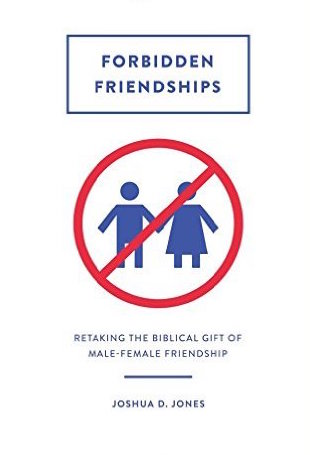7 Keys for Bloggers (and other Writers)
Tools that help us craft good writing in one genre, can sometimes help us in other genres as well. Here, I share some tips to help bloggers. But I’m confident that other sorts of writers – the love-struck novelist, the broke and angsty poet, etc – may also benefit from some of the points.
1.Learn to rewrite. Writing is work. The blog that explodes from our fingertips when inspired, should not be uploaded immediately. It should be left to cool till we can read and reread it with fresh eyes the next day. We don’t want the world to see we don’t know how to spell or see that our syntax is lame. Read it out loud as you review it. Really.
The first part of writing may well be the thunderbolt of inspiration that assures us of possessing the greatest idea in the history of blogging. But it’s when we sharpen it against the whetstone of editing and rewriting that our piece develops its edge. Hemingway said we should write drunk and edit sober. He would know. It took more than a bottle of scotch for him to write Old Man and the Sea. The idea may have come in a moment of passion, but the realisation came through long hours of wordsmithery.
2.Avoid clichés like the plague.
[ See that? Don’t do that. Write, ‘Flee from clichés like an Egyptian mummy with worse than average garlic breathe.’ ]
3.Select verbs that stand out. Most writers imagine that fabulous adjectives will sell their art. But verbs do the work. Invest in them.
4.Read good writers. Don't just read one blogger – then we risk being a clone. Nor just two – then we risk being confused. But read five or more good writers. Observe their style and feel their rhythms. Then we get understanding – and develop our own voice.
5.Embrace brevity. Rookie bloggers tend to ramble. The goal of blogging is not to create a book chapter of Tolkienian majesty. In blogging, we must make every sentence, noun and verb count. People read our posts on mobile devices. Design it in bite size pieces for people on the go. Keep paragraphs short to let readers know they're making progress.
Experiment with haikus or Twitter. In neither of these are we permitted to waste words. If we are good, readers may give us three to five minutes. Not ten. Aim to keep it under 700 words (This post has 480). This is hard when we feel we have something important to say. But we must ruthlessly carve out the unnecessary so that the necessary can shine forth.
6.Ask for feedback. Ask from a variety of qualified sources. Not just our mums or best friends. Ask people who know a thing or two about writing or who are well read.
7.Have fun. Writers who enjoy themselves write with a boldness that is enjoyable to read. We can think of writers whose content we disagree with, but whose style is engaging nonetheless. Make your writing sing in such a way that even your detractors will want to read more.
_____________
(Please Share)
 Need help with a male-female friendship? Check out Forbidden Friendships - available on Amazon in Paperback and Kindle in the USA and the UK.
Need help with a male-female friendship? Check out Forbidden Friendships - available on Amazon in Paperback and Kindle in the USA and the UK.
 Need help with a male-female friendship? Check out Forbidden Friendships - available on Amazon in Paperback and Kindle in the USA and the UK.
Need help with a male-female friendship? Check out Forbidden Friendships - available on Amazon in Paperback and Kindle in the USA and the UK.


Comments
Post a Comment